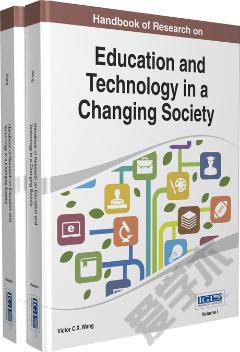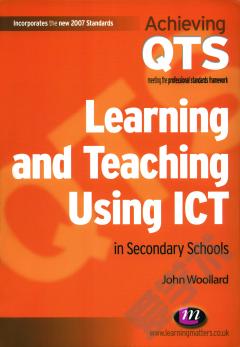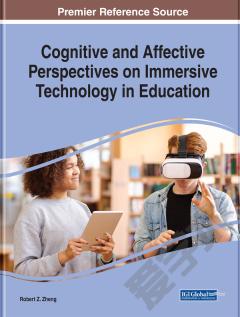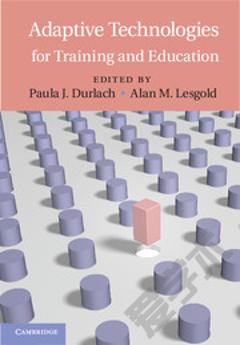ICT and Changing Mindsets in Education
The debate is no longer whether to use information and communication technologies (ICT) in education in Africa but how to do so, and how to ensure equitable access for teachers and learners, whether in urban or rural settings. This is a book about how Africans adopt and adapt ICT. It is also about how ICT shape African schools and classrooms. Why do we use ICT, or not? Do girls and boys use them in the same ways? How are teachers and students in primary and secondary schools in Africa using ICT in teaching and learning? How does the process transform relations among learners, educators and knowledge construction? This collection by 19 researchers from Africa, Europe, and North America, explores these questions from a pedagogical perspective and specific socio-cultural contexts. Many of the contributors draw on learning theory and survey data from 36 schools, 66000 students and 3000 teachers. The book is rich in empirical detail on the perceived importance and appropriation of ICT in the development of education in Africa. It critically examines the potential for creative use of ICT to question habits, change mindsets, and deepen practice. The contributions are in both English and French.
{{comment.content}}








 京公网安备 11010802027623号
京公网安备 11010802027623号